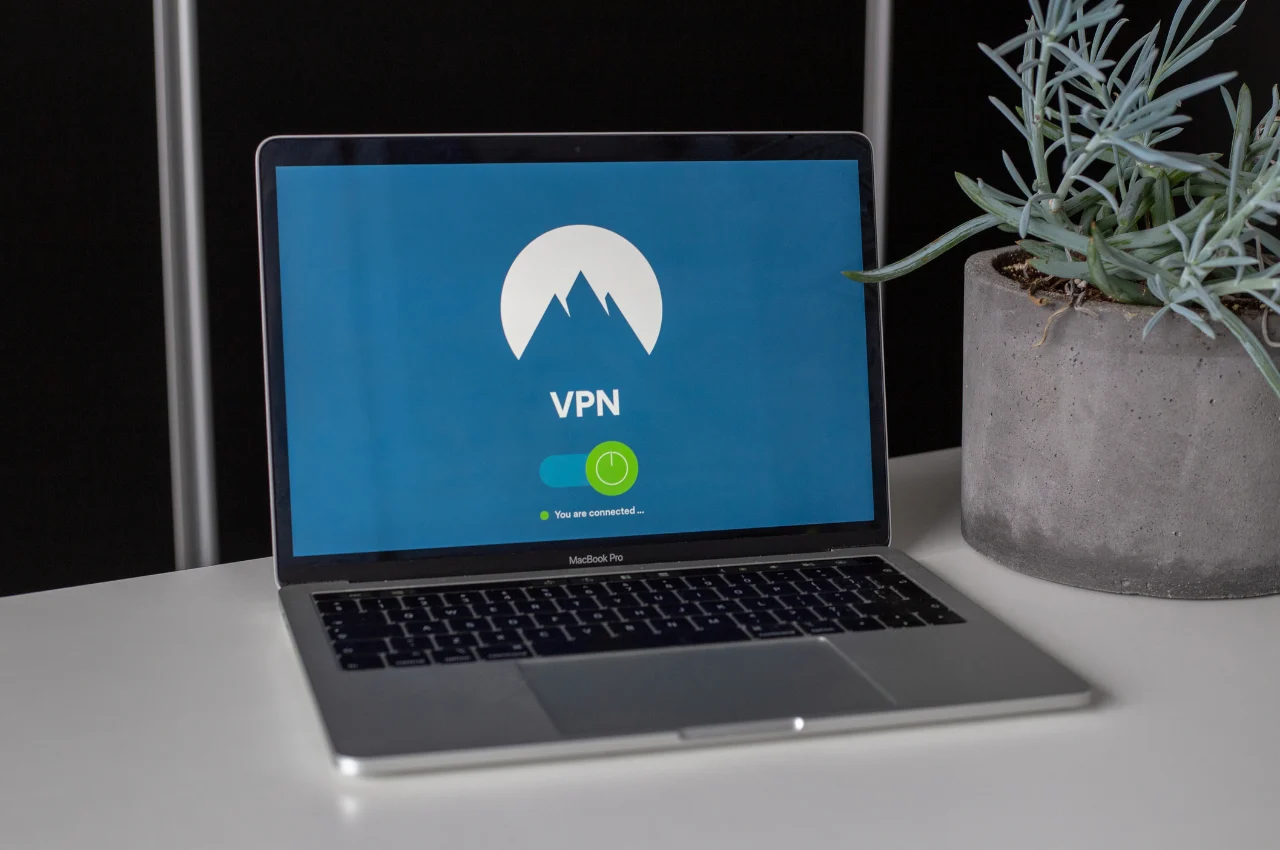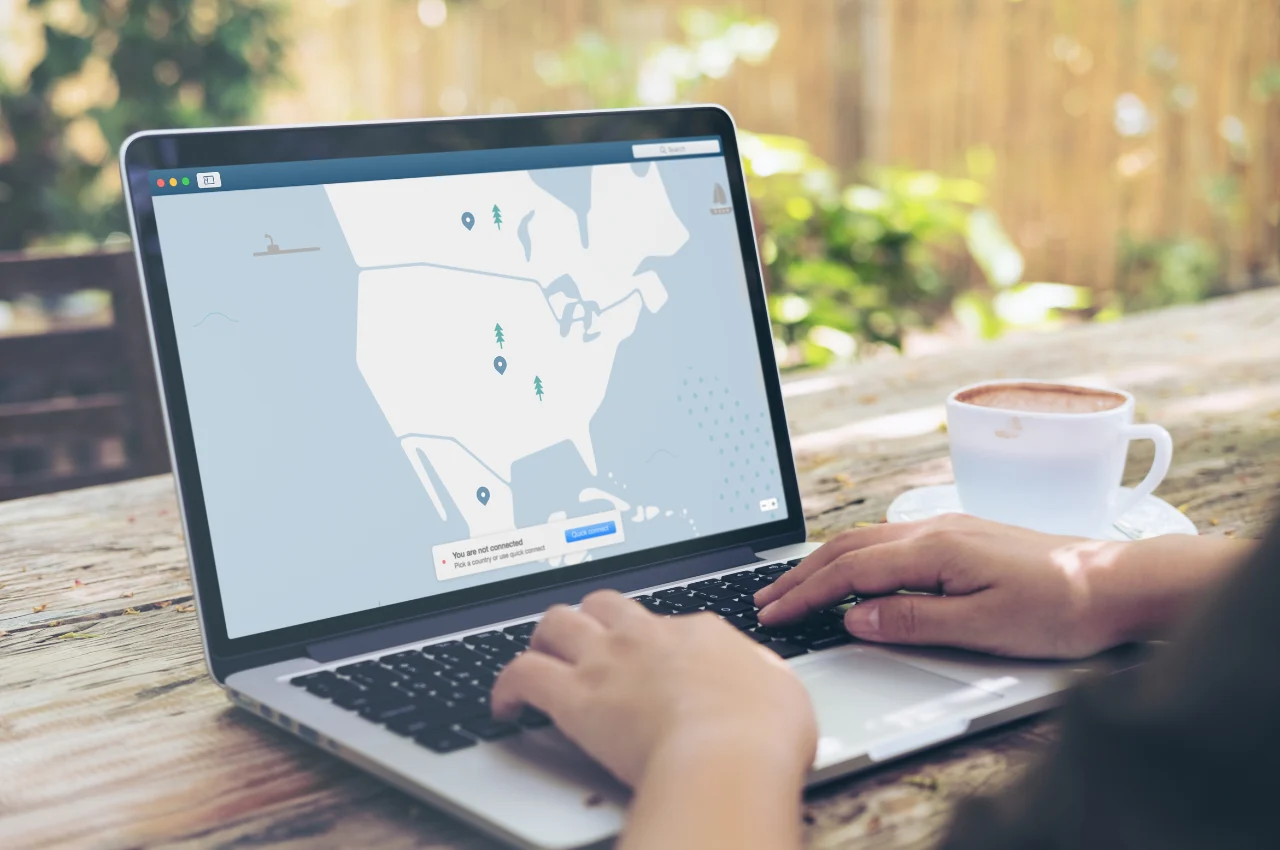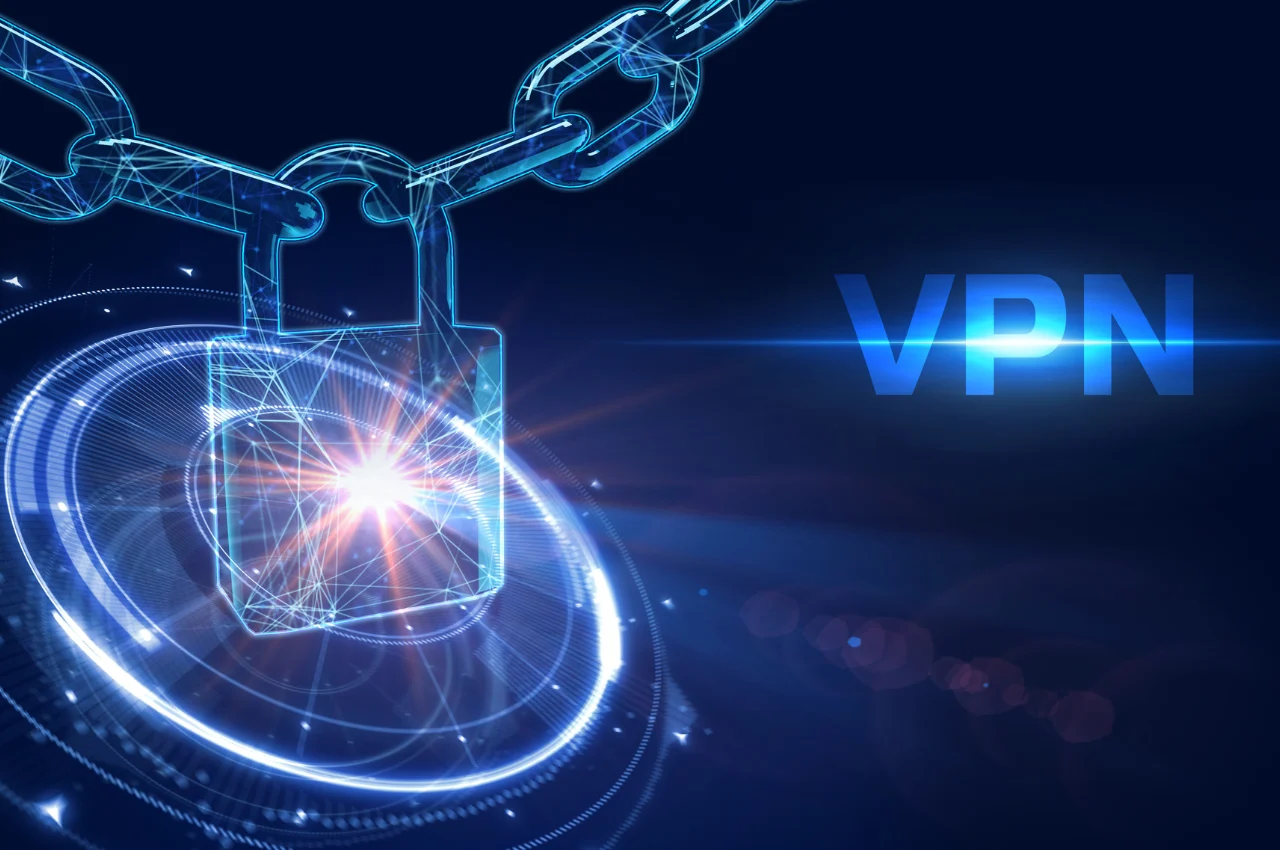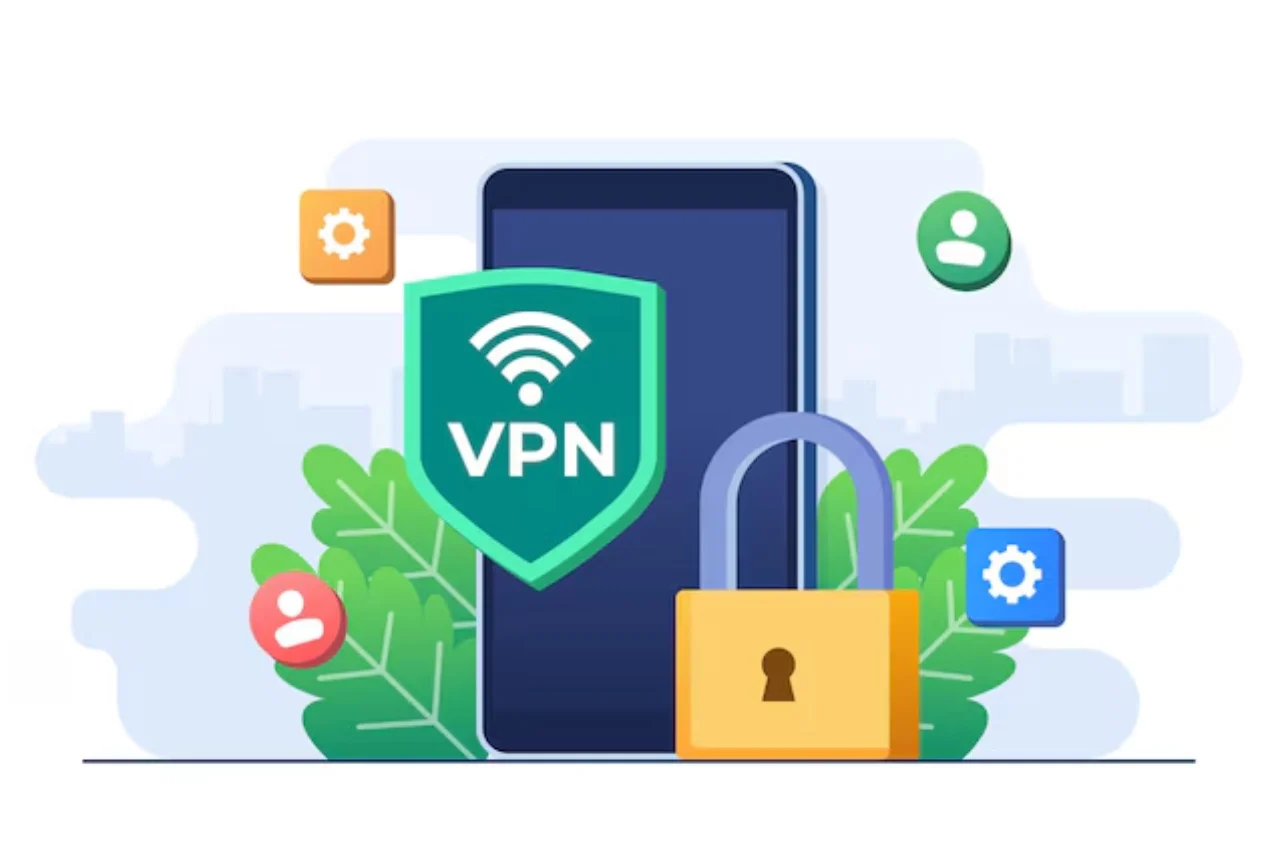VPN can be both good or bad depending on how it’s used. As a tool for privacy and security, VPN is good.
However, when used for illegal activities, it can be bad. With the rise of internet surveillance and hacking, VPN has become a popular tool for online privacy and security. By encrypting your internet traffic and masking your IP address, VPN can protect your personal data from prying eyes. It can also help you bypass geo-restrictions and censorship, allowing you to access content that would otherwise be unavailable in your region. However, VPN can also be used for nefarious purposes, such as illegal downloading, cyberstalking, and hacking. It’s important to use VPN responsibly and for legitimate purposes only.
Table of Contents
Pros and Cons of Using a Vpn
A Virtual Private Network (VPN) is a tool that enhances online security and privacy by creating a secure connection between your device and the internet. While VPNs offer numerous benefits, there are also drawbacks to consider. Let’s delve into the pros and cons of using a VPN.

Advantages of Vpns
- Enhanced Security: VPNs encrypt your internet traffic, making it extremely difficult for hackers to intercept your data.
- Privacy Protection: By masking your IP address, VPNs prevent websites and online services from tracking your online activities.
- Access to Restricted Content: With a VPN, you can bypass geo-restrictions and access content that may be blocked in your location.
- Secure Remote Access: VPNs enable secure remote access to company networks, allowing employees to work from anywhere without compromising security.
- Public Wi-Fi Security: When using public Wi-Fi, VPNs provide an extra layer of security, protecting your sensitive information from potential threats.
Disadvantages of Vpns
- Reduced Internet Speed: Using a VPN can lead to a decrease in internet speed due to the encryption and rerouting of your internet traffic.
- Cost: While there are free VPN options, the most reliable and feature-rich VPN services often come with a subscription fee.
- Potential for Malicious Use: Some individuals may misuse VPNs for illegal activities, which can tarnish the reputation of VPN services.
- Complexity for Beginners: Setting up and configuring a VPN can be daunting for individuals who are not familiar with technical aspects of internet security.
Security and Privacy
When it comes to the discussion of VPNs, security and privacy are of utmost importance. Let’s delve into how VPNs impact these crucial aspects to determine whether they are good or bad for users.
Encryption and Data Protection
A significant benefit of using a VPN is the encryption it provides. By encrypting your internet traffic, VPNs ensure that your data remains secure and protected from potential threats. This means that even if someone intercepts your data, they won’t be able to decipher it without the encryption key.
Anonymity and Identity Protection
Another key aspect of VPNs is the anonymity they offer. When you connect to a VPN, your real IP address is masked, and your online activities are routed through the VPN server, making it difficult for anyone to trace your internet usage back to you. This provides an added layer of protection for your online identity and privacy.
Access to Restricted Content
Is VPN good or bad for accessing restricted content? Generally, a VPN is a powerful tool for bypassing geo-restrictions and accessing content that might be unavailable in your region. By masking your IP address and routing your internet traffic through servers in different countries, a VPN allows you to appear as if you are accessing content from a different location. This is particularly useful for streaming services, websites with regional content restrictions, or accessing information blocked by local regulations.
However, it’s important to consider potential downsides, such as reduced connection speeds or issues with some services detecting and blocking VPN usage. Always choose a reputable VPN provider to ensure reliable performance and privacy. Overall, using a VPN can be beneficial for accessing restricted content, but it comes with trade-offs that should be weighed based on your needs.
Bypassing Geo-restrictions
A VPN is a powerful tool for bypassing geo-restrictions, allowing you to access content that may be blocked in your region. By masking your IP address and routing your internet traffic through servers in different locations, a VPN makes it appear as though you are browsing from a different country. This capability can be incredibly useful for accessing international streaming services, websites, and content that are otherwise restricted based on geographical location.

Is VPN good or bad? The answer depends on how you use it. A VPN provides significant benefits, such as enhancing online privacy, securing your data, and bypassing geo-restrictions. However, it’s essential to choose a reputable VPN provider to avoid potential downsides, such as data logging or reduced connection speeds. Overall, when used responsibly, a VPN can be an excellent tool for accessing a wider range of online content and maintaining your digital privacy.
Impact on Internet Speed
VPN can impact internet speed both positively and negatively. While VPNs can offer secure connections, they may also lead to slower speeds due to encryption processes. It’s essential to balance the benefits of privacy with potential speed reductions when considering VPN usage.
Bandwidth Limitations
When evaluating “Is VPN good or bad?”, bandwidth limitations are a key consideration. VPNs can impact internet speed due to the encryption and routing of your data through remote servers. Depending on the VPN service and server load, you might experience slower speeds compared to your regular connection. While high-quality VPNs minimize this impact through optimized servers and efficient protocols, free or lower-tier VPNs may impose stricter bandwidth limits, leading to more noticeable slowdowns. Understanding these limitations helps you choose a VPN that balances security with acceptable performance.
Connection Speed
Connection speed is a significant factor in evaluating whether a VPN is good or bad for your internet experience. VPNs can impact internet speeds due to the encryption and routing of data through remote servers. While some VPNs may introduce minimal latency and speed reductions, others are optimized to provide fast, reliable connections. A high-quality VPN should offer robust performance with minimal impact on speed, ensuring smooth browsing, streaming, and downloading. When choosing a VPN, consider its performance reviews and test it with a trial to determine if it meets your speed requirements without compromising your online experience.
Legal and Ethical Considerations
Legal and ethical considerations play a crucial role in determining the usage of VPNs. It is essential to understand the legality of VPN usage and the ethical implications associated with it.
Legality of Vpn Usage
The legality of VPN usage varies from country to country. In many nations, using a VPN is legal and is considered a tool for ensuring online privacy and security. However, some countries have restrictions or outright bans on the use of VPNs, often due to government control over internet access or concerns about bypassing censorship laws.
Ethical Implications
Using a VPN raises ethical considerations, particularly in the context of bypassing geo-restrictions and accessing content not intended for a specific region. While it can be argued that individuals have the right to access information and content freely, ethical concerns arise when VPNs are used for illegal activities such as copyright infringement or online fraud.
Choosing The Right Vpn
Choosing the Right VPN is crucial for ensuring online privacy and security. With a plethora of options available, it’s essential to consider several factors before selecting a VPN service that suits your needs.

Factors to Consider
- Security: Look for strong encryption protocols to safeguard your data.
- Speed: Opt for a VPN service that offers high-speed connections for seamless browsing.
- Server Locations: Choose a VPN with servers in diverse locations for better access.
- Privacy Policy: Ensure the VPN provider has a strict no-logs policy to protect your privacy.
- Compatibility: Check if the VPN is compatible with all your devices and operating systems.
Popular VPN Services
| VPN Service | Features |
| ExpressVPN | High-speed connections, strong security, wide server network |
| NordVPN | Robust encryption, user-friendly interface, extensive server locations |
| Surfshark | Unlimited simultaneous connections, affordable pricing, secure protocols |
Conclusion
The benefits of using a VPN outweigh the potential drawbacks. By providing secure and private internet connections, VPNs help protect sensitive data and ensure online anonymity. However, it’s crucial to choose a reputable VPN provider and use it responsibly. Ultimately, the decision to use a VPN depends on individual needs and priorities.


